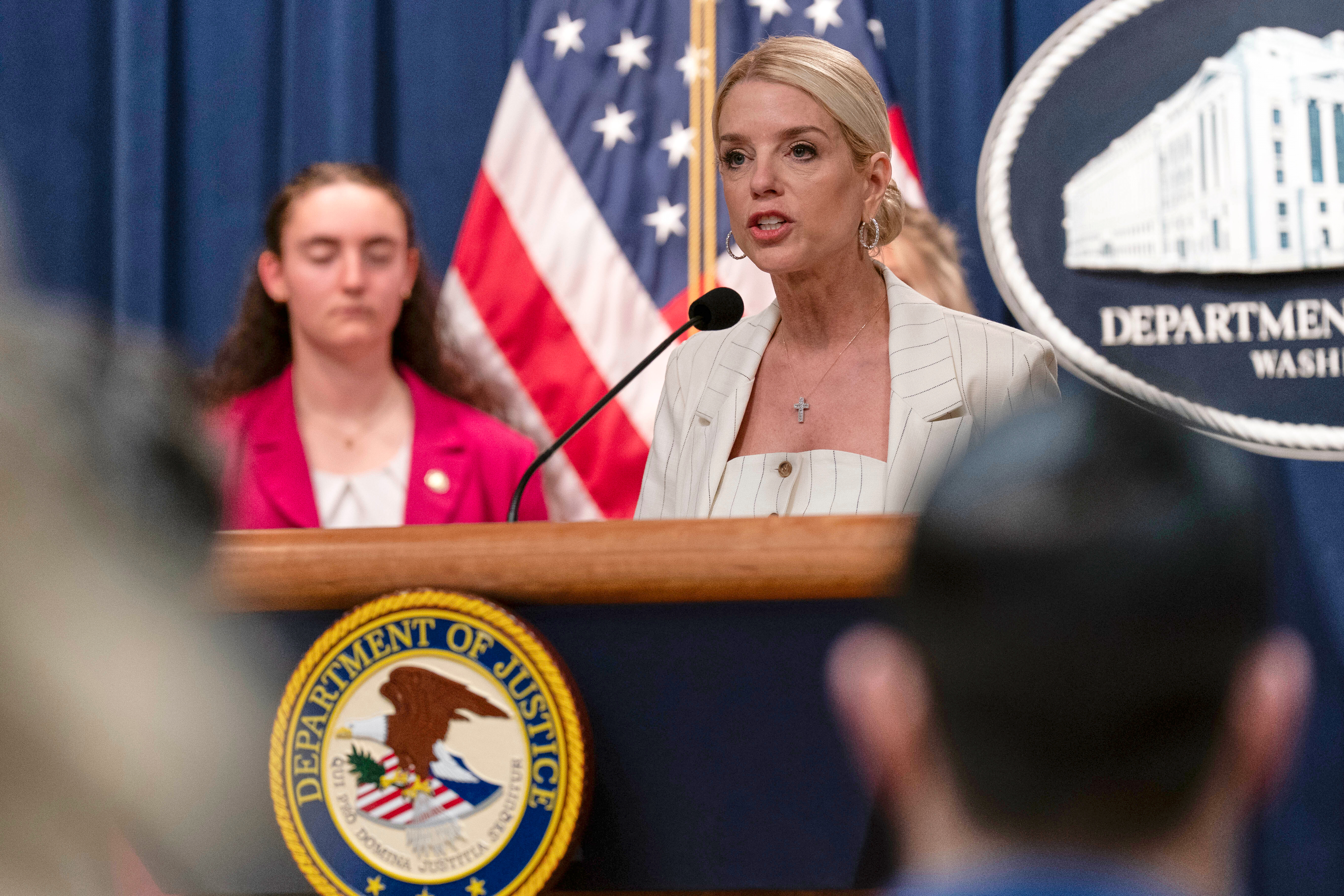"No one is looking out for the residents of Flint except for each other. So we have the poisoned and poor taking care of the poisoned and poor," Flint, Michigan, resident Melissa Mays said.
Mays still lives in Flint, and she's not leaving.
"Our homes aren't worth anything anymore, so we couldn't sell them if we wanted to," Mays said.
While the daily news cycle has moved on, Mays and her family are still very much in crisis. Mays still can't use or drink her tap water, she does laundry outside the city, and her family struggles with several irreversible health issues from lead consumption.
We are still in a disaster even though we have these state and outside officials who keep saying everything is getting better," Mays said. "You damaged my children for the rest of their lives; you've ruined our lives; you've changed the city of Flint forever."
The lead problem in Flint began in April 2014, when the state of Michigan switched the city's water source from Lake Huron to the Flint River — which was 19 times more corrosive.
While residents complained of foul-smelling brown water, the state continued to let them drink lead-contaminated water from the Flint River for 18 months.
"If they would have told us, we would have bought bottled water and filters and whatever was necessary to protect our families. They took away our right to do that," Mays said.
Now, the city of Flint's water system does meet federal regulations for lead, but the city also acknowledges "up to 20,000 Flint residences still have lead and galvanized service lines that need to be replaced."
Because of that, Mays' day-to-day life is still filled with bottled water and doctor visits.
"It hurts to be alive. Live with us for a week; shower where we shower. Live through the bottled water; the crinkling, awful sound of bottled water; and the caps everywhere. See what it's like to actually live there," Mays said.
Unlike many environmental disasters, Mays is quick to point out this is a man-made crisis and someone should be held accountable.
"This is not because our pipes got old. This was not an accident, a whoopsy oversight. They knew the water was poisoning us, and they went out of their way not to tell us and warn us but to cover it up," Mays said.
Nearly three years after the crisis began, no one has been found criminally responsible — at least not yet. The Michigan attorney general has brought charges against 13 state and city officials so far.
But Mays isn't just waiting for things to get better or for the state to make up for its mistake. She has already sued the state of Michigan for violating the federal Safe Drinking Water Act. Her joint civil suit resulted in an $87 million settlement to "replace thousands of lead pipes throughout Flint over the next three years."
"It's like OK, we've got to fight. ... Because if we don't fix Flint, if we don't fix us right with everybody watching, the next city that gets nailed like us or that's currently getting poisoned like us won't get fixed, either," Mays said.










